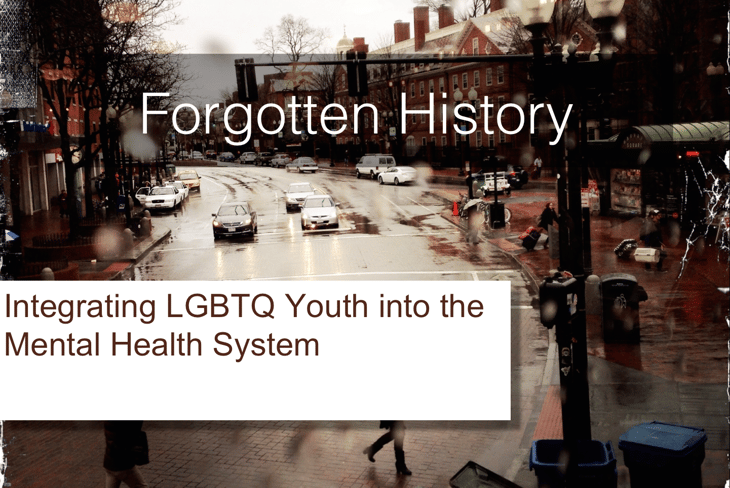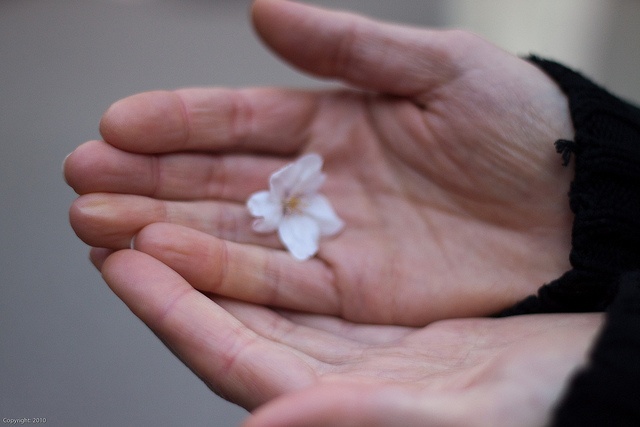Empathy is a critical communication skill for all people and is especially important for health care providers. Some individuals lack the capacity to understand how their actions make others feel. Adults with cognitive difficulties, histories of repeated trauma, and even so-called “normal” people can have difficulty connecting and understanding other people’s experiences. These people lack empathy.

Throughout this week's webcast, Marc articulated the importance of understanding and integrating the experiences and needs of LGBTQ youth in the mental health system in several ways that grabbed my attention and gave me new ideas and perspectives.
09/18/15 01:29 PM | Christina Murphy | Health Care, Youth
Read More
While the United States ranks as the international leader in biomedical research, one doesn’t have to look far to find complaints about the quality of healthcare in the United States. From service users to the Institute of Medicine, a universal cry has gone out for more compassionate, person-centered care. In short, people want to be heard and understood by their providers. They want their visits to start out with the two simple questions posed by Mitch Kaminski: What are your goals for your care? How can I help you? However, these questions can’t be asked in a vacuum. They have to be asked within a continuous, healing relationship that focuses not just on disease and illness, but strengths and wellness.
06/17/15 03:28 PM | Rachel Latta | Health Care, Recovery, Trauma
Read More







